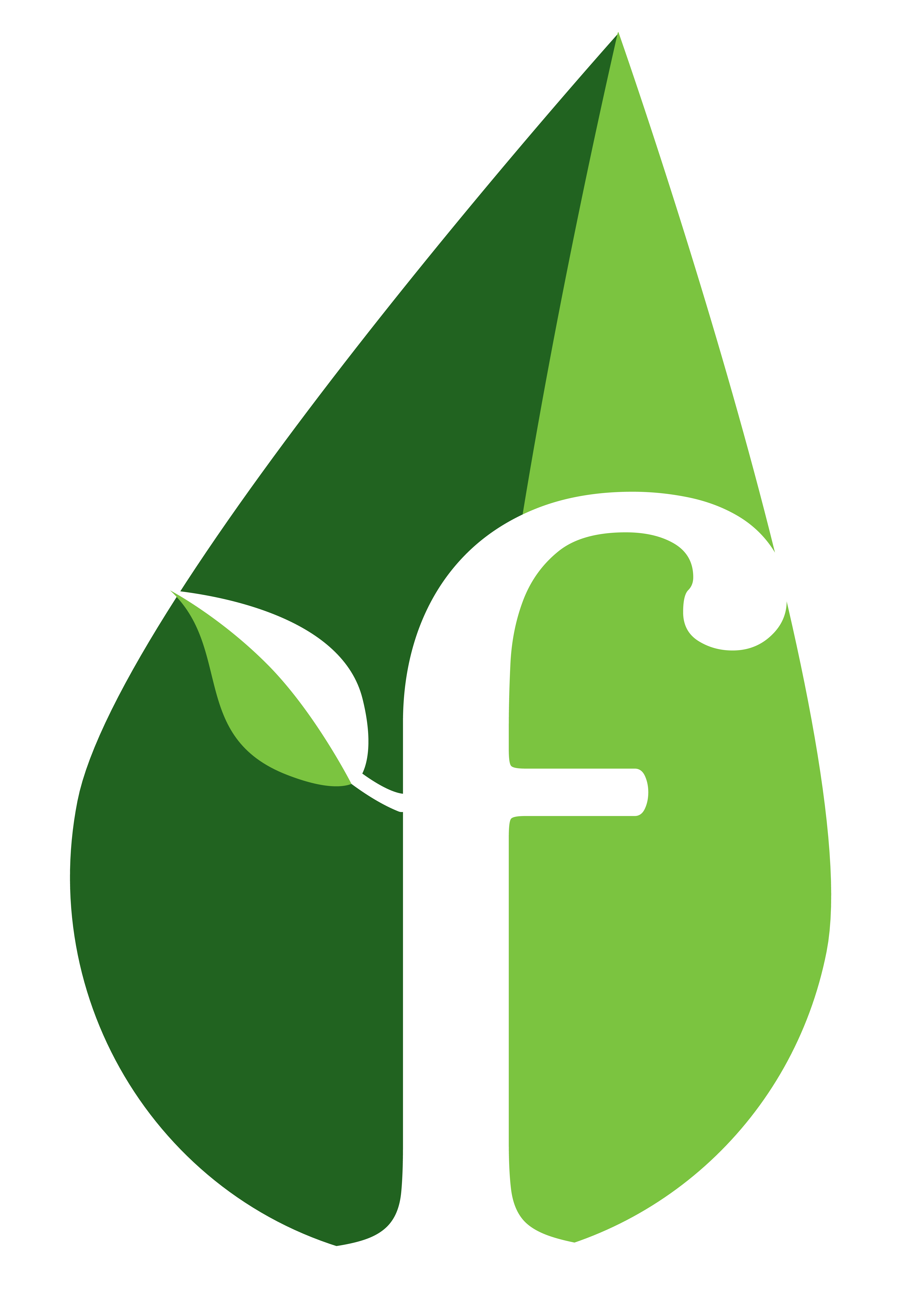
Patience is a virtue or an excuse for those who don’t act on time. Which statement is true? In this post, we will describe the benefits and disadvantages of this trait based on science. Then, we'll reveal what we've learned from studying the patience scores of over 175,000 entrepreneurs.
To be patient means to tolerate delays and unpleasant circumstances without allowing them to discourage you. It’s not an inability to act but a careful consideration of current conditions and planning ahead accordingly. Experiments with self-employed participants, managers, and regular employees have shown that people’s patience grows proportionally with their position and independence - entrepreneurs are more prone to sacrifice immediate gains in the name of long-term success. However, such sacrifices are not always justified.
Since patience is closely linked to ‘later’, timing is what defines it best. In the startup context, everything is urgent, and waiting is not a popular approach. On the other hand, at a more mature stage, maintaining composure is a valuable advantage for a founder.
The Positive Side
In the research Taking Time for Patience in Organizations, the authors Debra R. Comer from
Hofstra University and Leslie E. Sekerka from Menlo College emphasize the importance of patience, a quality they believe is undervalued in organizations. Through a series of experiments, they validated two significant themes related to patience.
-
Patience brings multiple benefits to a work environment
The rewards that patience brings are both personal and interpersonal:
-
Minimizes negative emotions in difficult situations
-
Reduces anxiety and uncertainty
-
Builds up endurance to maintain one's serenity in the face of adversity in daily life
-
Grows over time
-
Facilitates goal pursuit
-
Supports well-being
-
Increases productivity
-
Improves decision-making
-
Enhances interpersonal relationships
How patient are you? Get your free Entrepreneur DNA results here

-
Emotional self-regulation encourages patience culture
Patience is a non-cognitive skill that depends highly on emotional control and can be developed. Therefore, people are not impatient by nature, they just haven’t learned to be patient.
Another frequently cited publication on entrepreneur traits also points out that tenacity and the delay of gratification should be present in a startup founder's personality. Nevertheless, there is no evidence that these qualities are inherently present from the beginning of the venture:
‘’The literature is often unclear as to whether individuals with a given set of personality traits selected into entrepreneurship, or whether individuals developed the traits endogenously after becoming entrepreneurs.’’
What Is Wrong with Patience
- There is an optimal amount of patience
Excessive patience does not always work in our favor. It can lead entrepreneurs to overlook opportunities or accept less than they deserve, resulting in negative psychological effects.
Participants in a 2020 survey who have the ability to delay gratification for a very long time reported experiencing more unpleasant emotions on an everyday basis than those with lower levels of patience.

Patience is passive
Patience is a form of tolerance and acceptance. Alternatively, perseverance involves persisting despite adversity and setbacks. Unlike perseverance, patience does not suggest acting against the opposing forces.
Meanwhile, running a startup and overcoming challenges requires agility and a daring attitude. Hence, to launch and grow a company, a person should lean more toward perseverance than patience.
Founder Institute’s Stats on Patience
We’ve analyzed the personality test results of over 175,000 startup founders. Our Entrepreneur DNA Assessment focuses on 26 dimensions of entrepreneurship using real-time data.
Here are a few of the insights we have discovered about patience.
-
Patience floor effect
A floor effect occurs when too large a percentage of participants achieve the lowest score on a test.
Patience is the only trait our testing has identified with a floor effect within our population of entrepreneurs. This means that idea-stage startup founders rush into action and don’t like waiting quietly for things to happen.
-
Cities with the most patient founders
The cities where we measured the highest levels of patience among entrepreneurs are Luanda, Nur-Sultan, Buenos Aires, Algiers, and Baghdad. In the top 50 list, the majority of cities are located in Africa.
.png)
-
Patience is a component of entrepreneurs’ problem-solving skills
In a startup team, if one founder lacks patience, this gap can be filled by another founder who has a high amount of the same quality.
-
Patient founders keep their companies alive
In the initial stages of a startup, patience isn't typically a prominent trait among founders. In fact, many people switch from employees to entrepreneurs, particularly because they don’t have the patience to tolerate slow processes, complex decision-making, and bureaucracy. And yet, we’ve found out that our graduates who sustain their businesses over time have scored high on patience.
The Right Quantity of Patience at the Right Time
When we're in a hurry, being patient might not seem like the best plan. Still, for long-term development, it becomes crucial, and startup founders who remain calm amid uncertainty stand tall. Patience, in combination with other helpful traits, lays the foundation for achieving entrepreneurs’ goals with resilience and determination.
Check your unique Entrepreneur DNA and see how you compare to 175,000 startup founders worldwide.
The Founder Institute is the world’s most proven network to turn ideas into fundable startups, and startups into global businesses. Since 2009, our highly-structured accelerator programs have helped entrepreneurs raised over $1.75BN in funding across over 200 cities worldwide.
Learn more about the Founder Institute at FI.co, join an upcoming startup event at FI.co/events, or subscribe to our Insights Newsletter.



